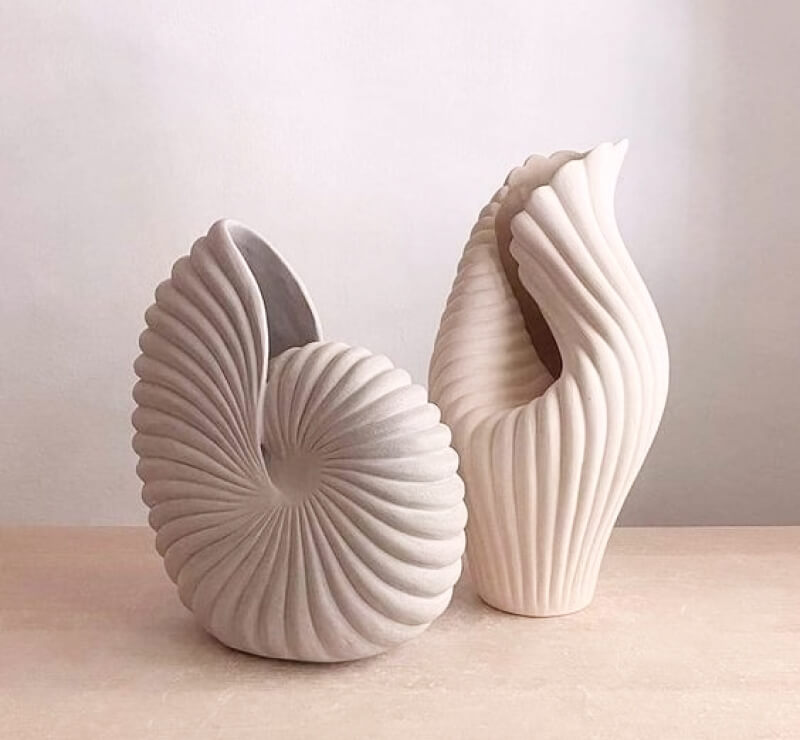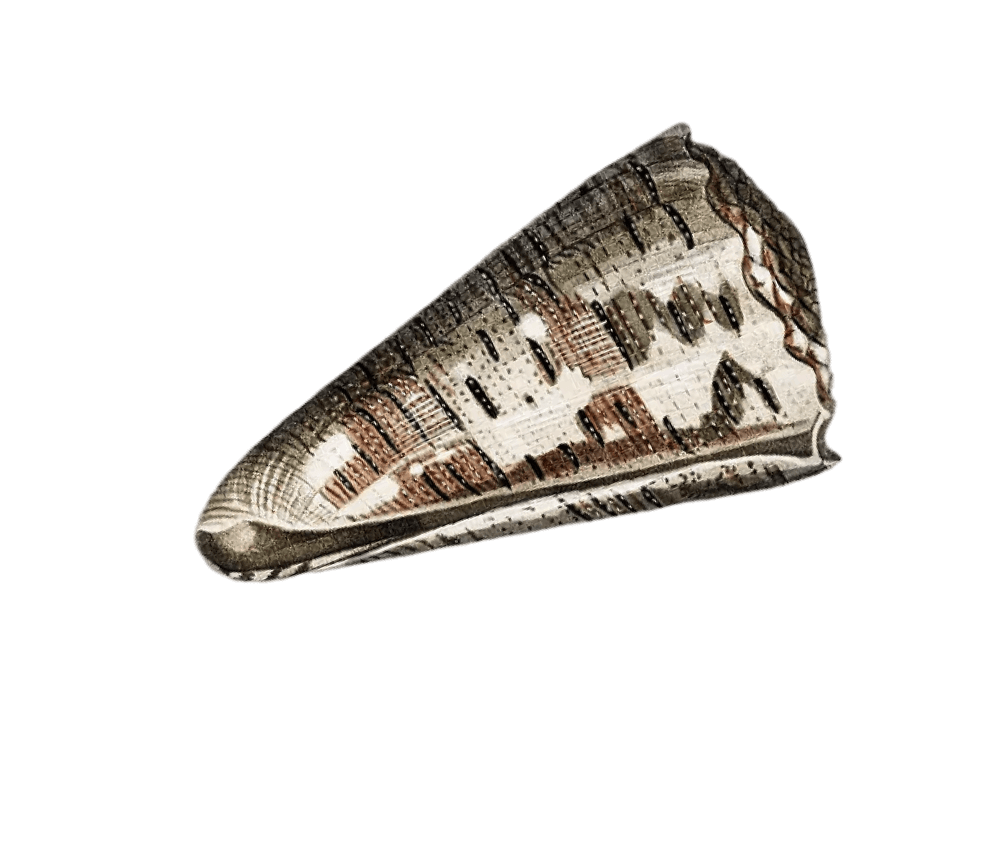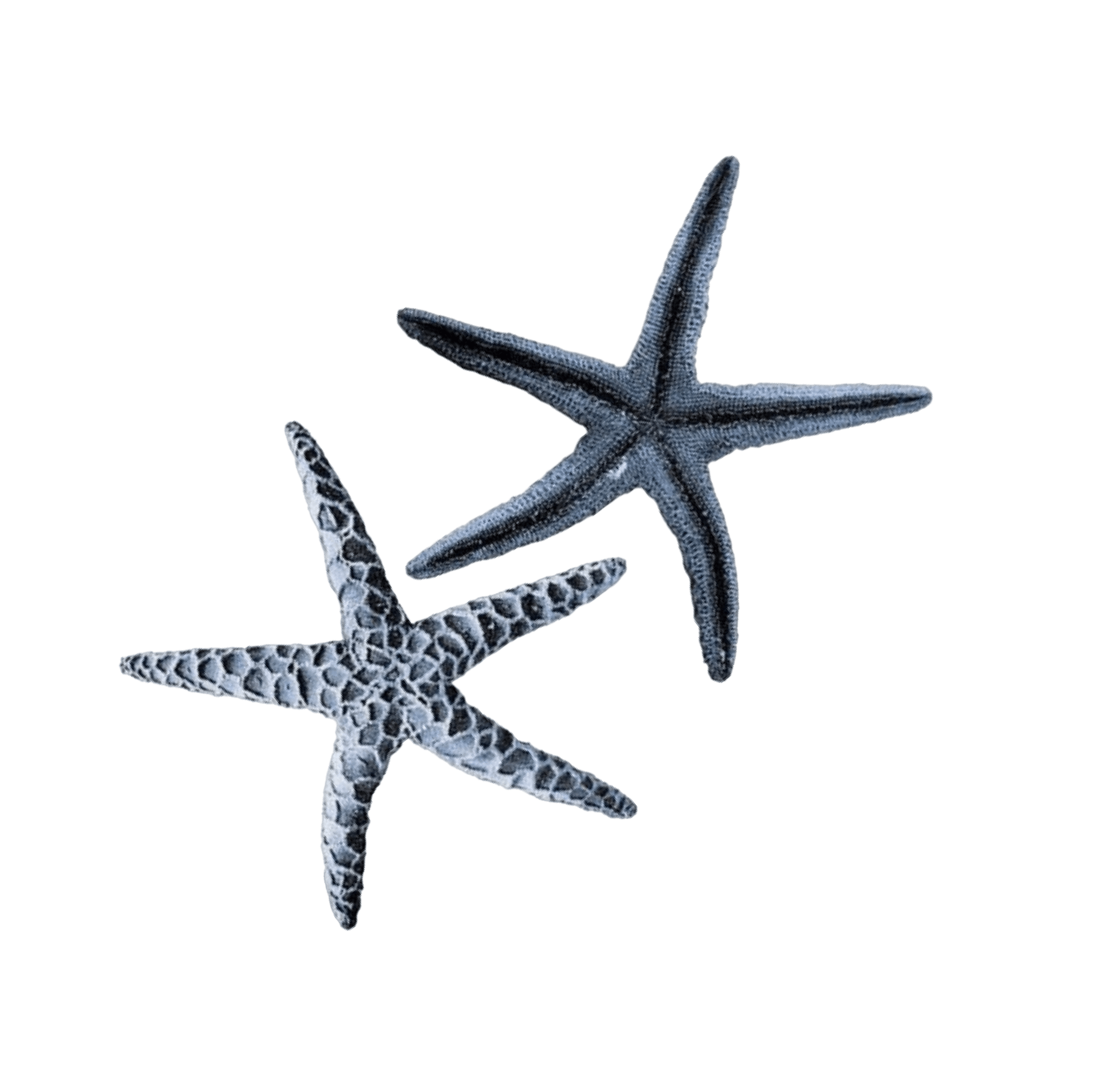SEARCHING FOR SEASHELLS
COLLECT
SEASHELLS
How to preserve the natural balance and the marine ecosystem


CONCHOLOGY
Juno, a shell with a leftward spiral, is very rare: only 2 specimens are known today
Conchology studies the shells of organisms. Broadly, it encompasses both the science of mollusk shells and the hobby of collecting shells.
An international symbol of collecting and science is the Gwildfordia Yoka, a shell from the coast of Japan. Reminiscent of the shining sun with its rays spreading out in all directions, this shell symbolizes a special affection.
What is the study of conchology about
In the realm of conchology, shells are formed by sea creatures known as mollusks. These underwater organisms absorb salt from the water and their bodies subsequently release calcium carbonate. This substance then hardens to form an outer shell.

HISTORY


Tridacna is known for its size: shells reach 1.5 meters in length and a mass of 250 kilograms
Symbolism and shells
In ancient times, seashells symbolized travel and were auspicious in Feng Shui and esoteric teachings. They represented femininity, fertility and the soul.
Distribution of shells
and their value
Stone Age seashell necklaces, found in areas far from oceans, suggest trade.
In the Middle Ages, shells were widely used as a substitute for coins. Kauri shells were currency in places like Fiji and Indonesia, China and Ceylon. India viewed shells as money until the middle of the 19th century.
In addition, the seashell was revered as a symbol of growth and renewal. Also, shells were often used to make jewelry and other decorative objects worn by the wealthy and powerful.
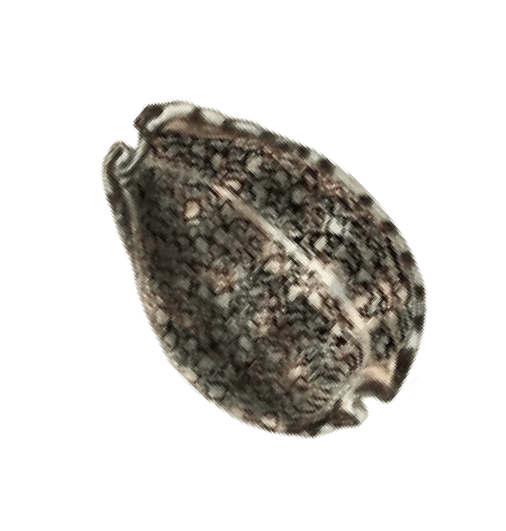
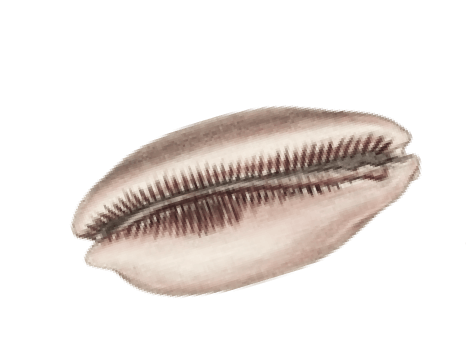






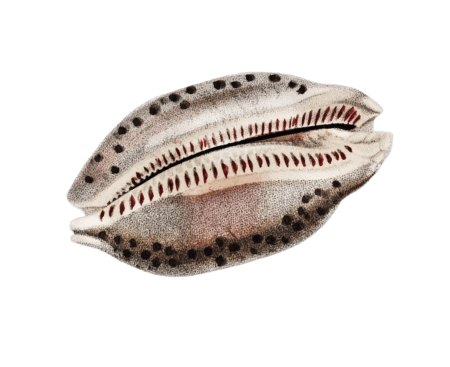





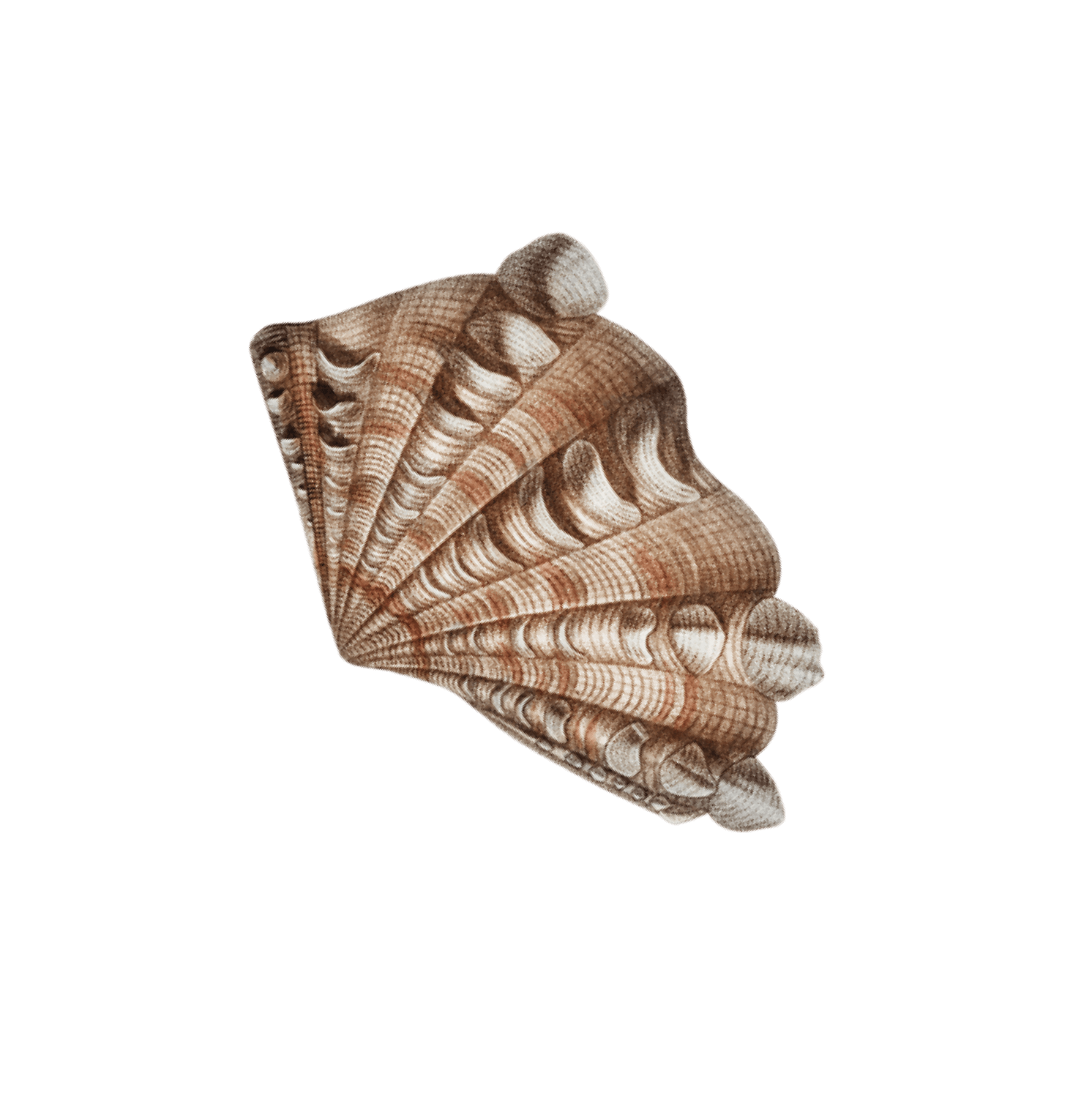
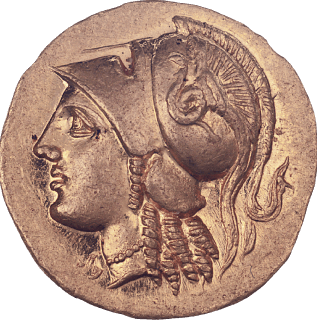
=




A CONE
CENTURY
XVIII
IN
SHELL
SOLD
ART
FOR MORE THAN
VERMEER
S
'
COLLECTORS
Fulton's Cypria is known as the most expensive shell: it was sold in the early 1990s to an Argentine collector for 37,000 dollars.
The first collector
Shell collecting has been around for over 100,000 years and the first collector of shells is believed to be the Roman Emperor Caligula.
One day the emperor traveled to the English Channel with a military expedition to collect shells on the coast, which were then taken to Rome. Caligula claimed that he had captured the ocean and brought back the spoils with him.
The heyday of collecting
Collecting peaked in the Middle Ages. In seventeenth-century Europe, shell collecting was an extremely popular pastime among the continent's elite.



Among the collectors were King Louis XIII of France, King Christian VI of Denmark, Empress Maria Theresa of Austria, and Emperor Hirohito of Japan.

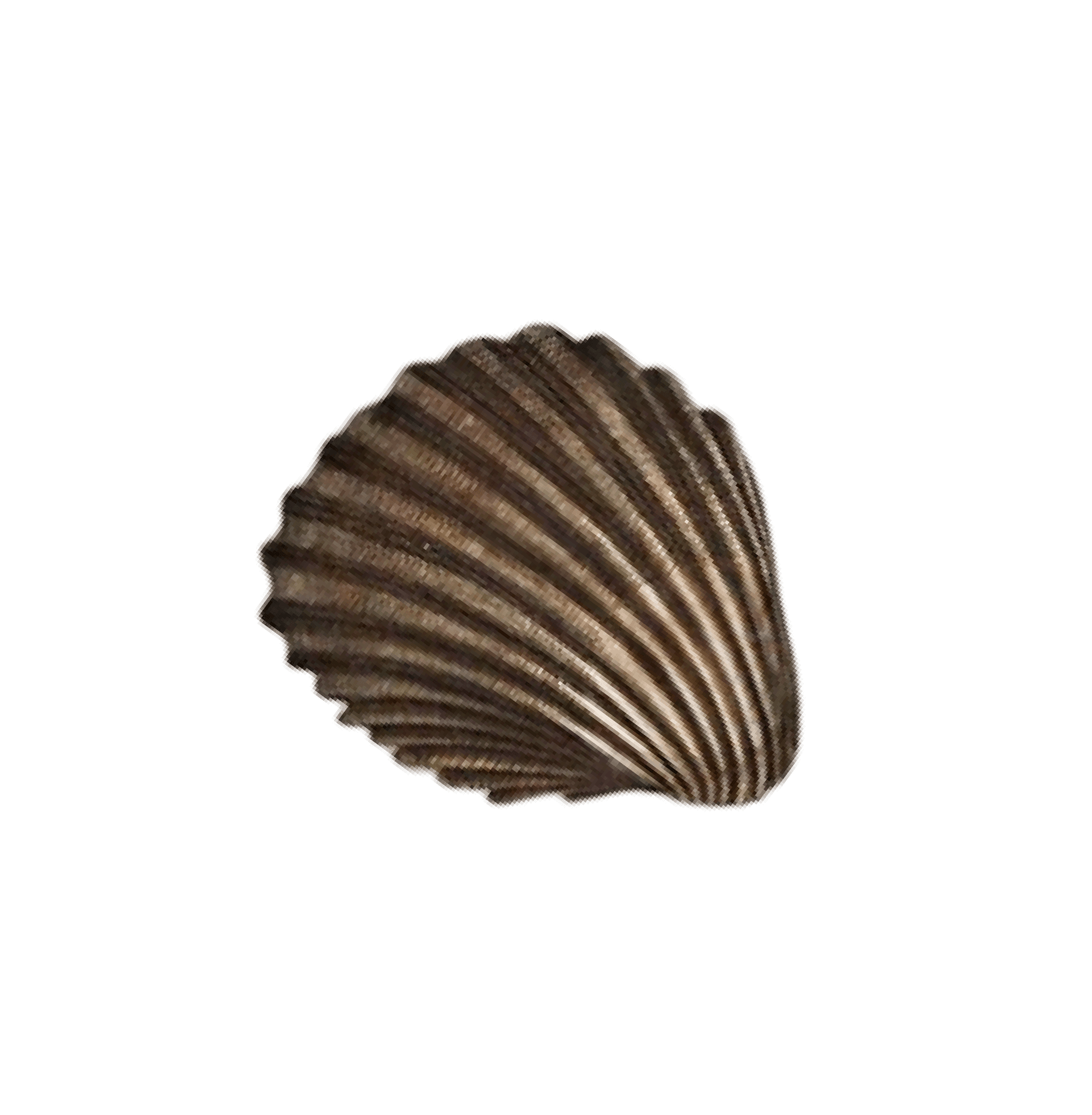
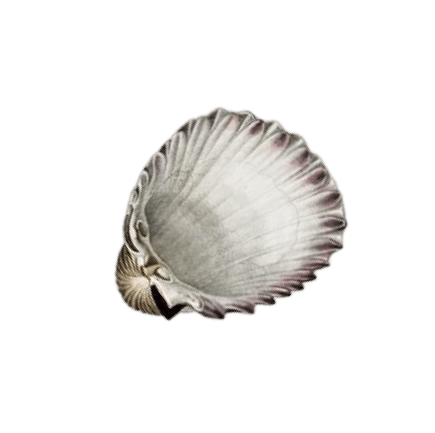
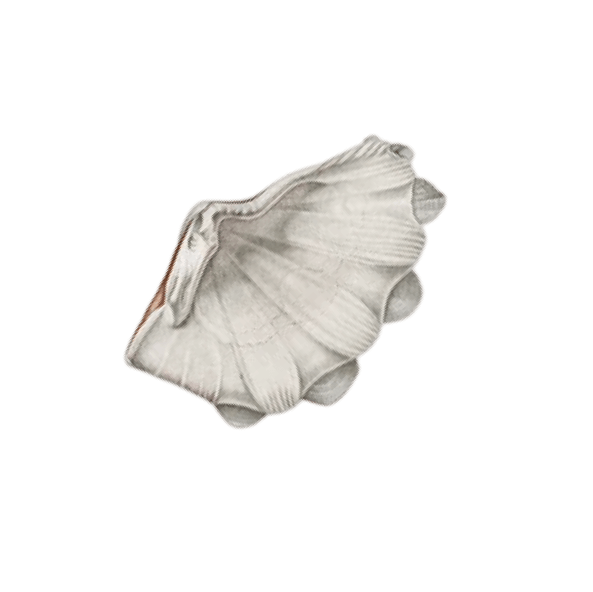

ECOLOGY

How to preserve the elusive balance of nature
Due to the shells' inherent beauty and intriguing designs, many are tempted to take them from the beach as keepsakes. However, perhaps photography might be a better alternative.
While it’s not the same as having a physical shell, a photo can still provide a lasting memory and source of inspiration, ensuring that shellfish remain integral to ecosystems.
Why seashells are better left on the beach
Taking one or two shells from the beach might seem harmless. However, ecologists argue that if every beach visitor takes a couple of shells, the local ecosystem could be damaged.
Shells play a crucial role in forming sandbanks and shorelines. Birds use them as building materials for their nests, and some shells might still be inhabited.
The Geographic Cone snail is dangerous. The venom of this species of cone snail is fatal to humans




MUSSEL
DESTROYS
MICROPLASTICS
,
CLEANING
BLUE

UP
THE
OCEAN
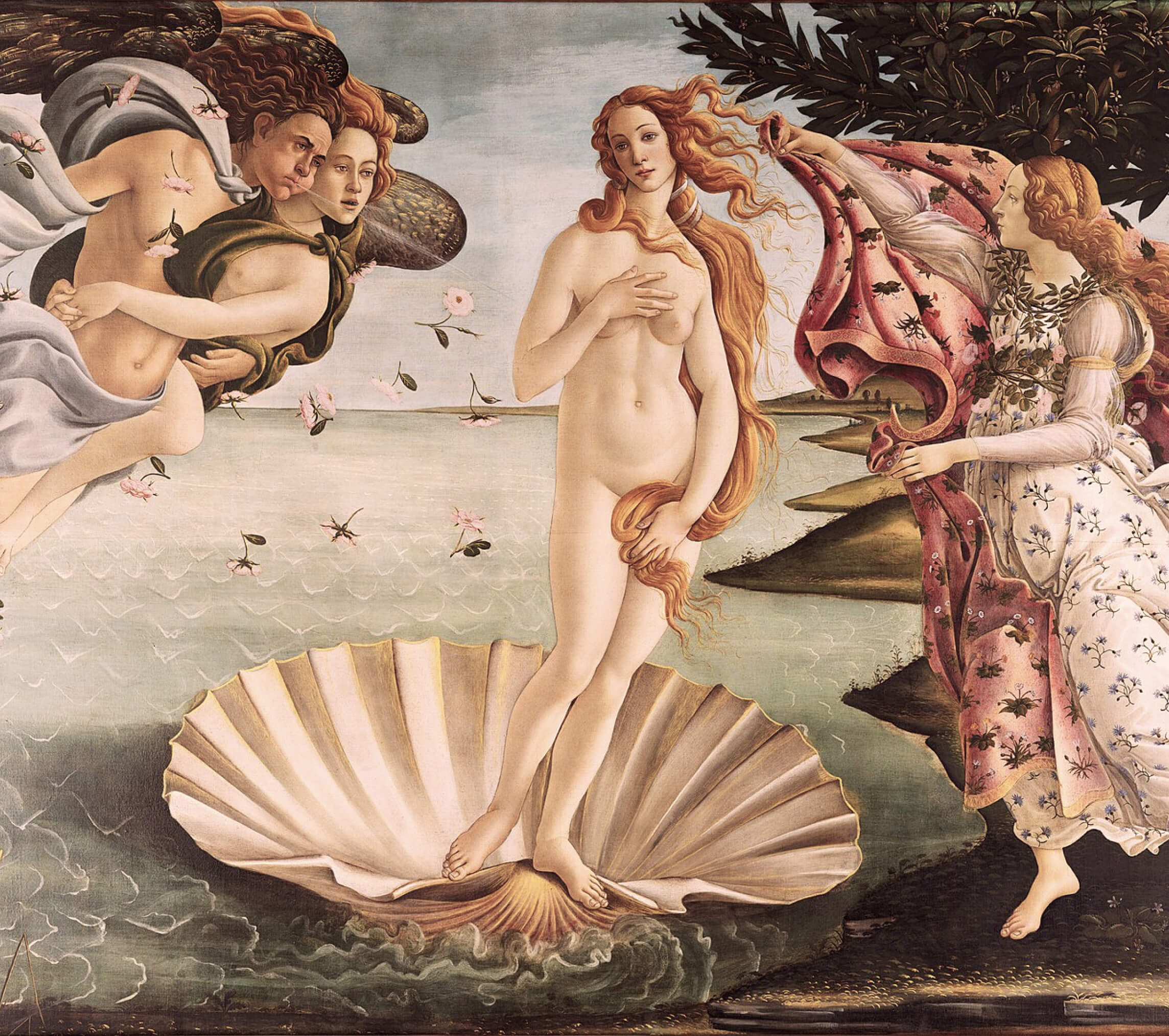
Masterpieces and seashells
At all times, people have been inspired by the beauty of shells. Figures like Herodotus, Dante and Erasmus of Rotterdam wrote about them.
Shells can be seen in the frescoes of the Palace of Knossos, in Italian Renaissance paintings and on canvases by Dutch artists, and even in modern architecture, among other aspects of life.

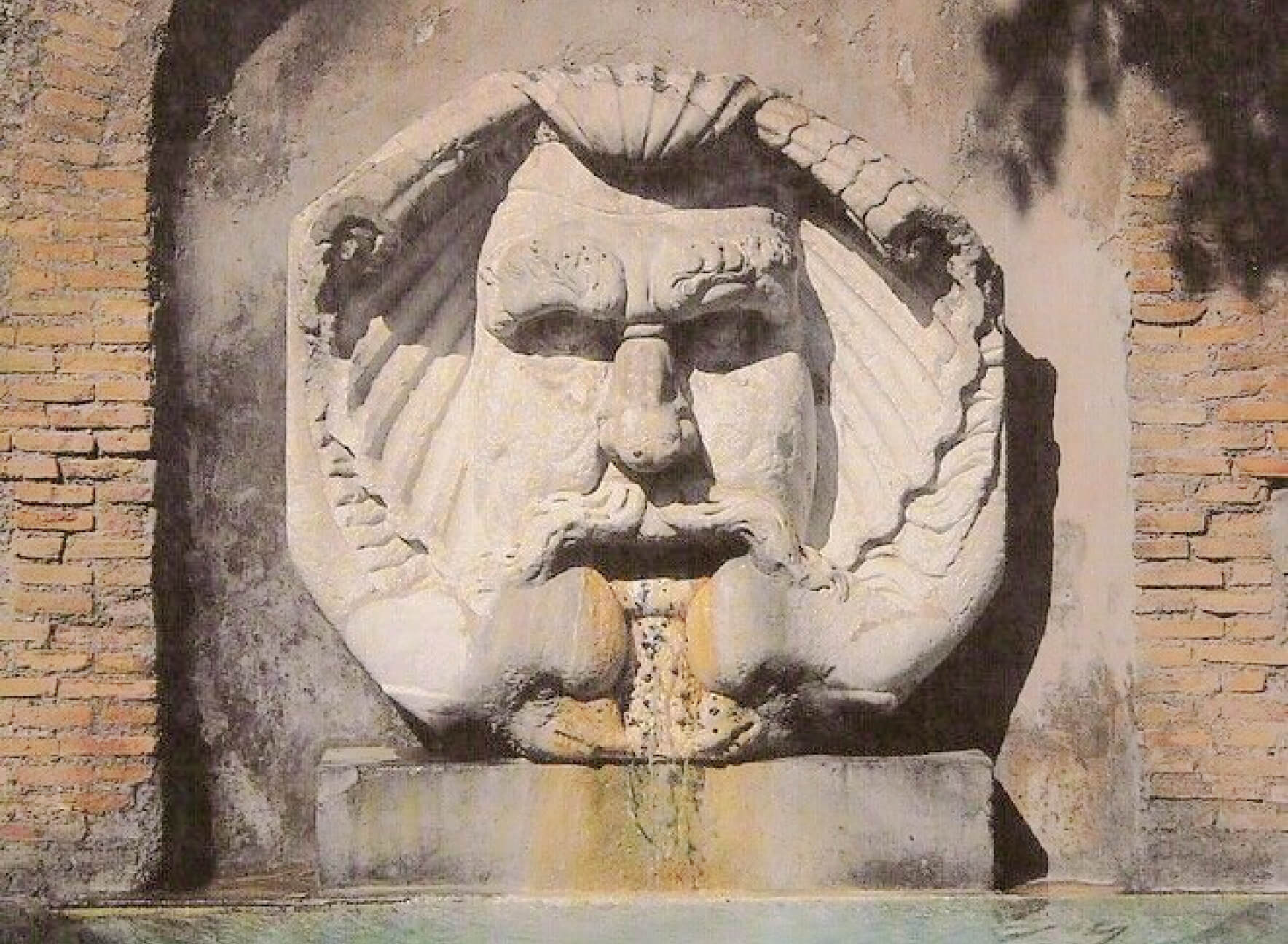
The Nautilus shell symbolizes the inner beauty in nature — the famous "golden ratio"
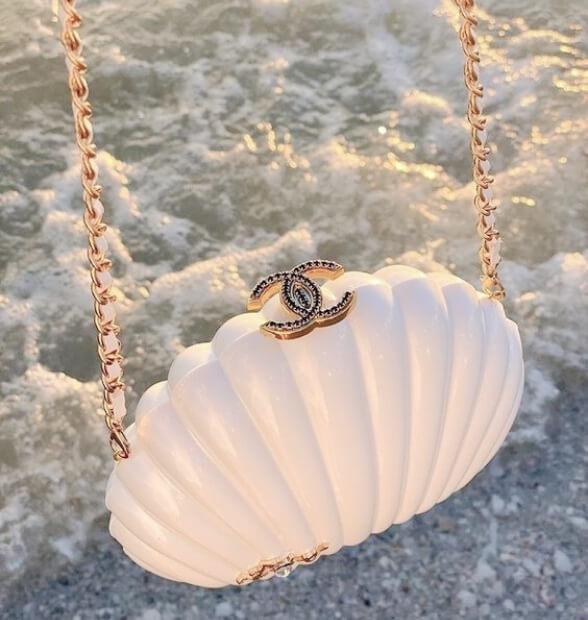


INSPIRATION
